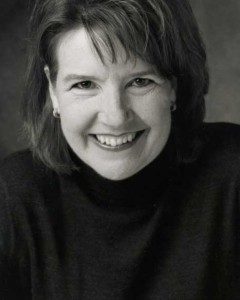Podcast: Play in new window | Download (Duration: 24:43 — 17.1MB) | Embed
Subscribe: Apple Podcasts | Spotify | Amazon Music | Android | Pandora | iHeartRadio | JioSaavn | Podchaser | Gaana | Podcast Index | Email | TuneIn | Deezer | Anghami | RSS | More

A Need to Share – Struggles in the Spiritual Life with Fr. Timothy Gallagher O.M.V.
Fr. Timothy Gallagher and Kris McGregor continue a 20-part series on the various Struggles in the Spiritual Life. This episode explores spiritual discouragement and various forms of dryness in the spiritual life, focusing on sharing our spiritual struggles with others.
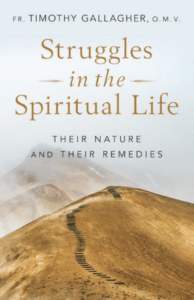 You can pick up a copy of the book here:
You can pick up a copy of the book here:
An excerpt from the chapter, “A Need to Share”:
“Most fundamentally, prayer is a relationship: the human person and the Divine together, in communication. Dryness may arise in prayer when we need to share something with the Lord but have not done so. We may feel ashamed, too angry, too hurt. And so we do not speak of it. Then our prayer feels superficial, dry. We have little to say. Little! The contrary is true: prayer is dry because we have so much to say and have not said it. Father Reed’s question is the right one: “Have you spoken about this with the Lord?”
The Jesus who speaks so sensitively with the Samaritan woman (John 4:4–42), who meets with the nervous Nicodemus by night (John 3:1–2), who invites the two saddened disciples to tell him their burdens (Luke 24:13–35), who approaches the weeping Mary Magdalene and pronounces her name (John 20:16), who heals Peter’s threefold denial with the threefold question about love (John 21:15–17): this Jesus never “bulldozes” into human hearts. He is patient (Matt. 12:20) and gentle (Matt. 11:29). But he loves us too much to leave us alone with our fear and shame. He invites us to share the burden with him, to tell him about it, to allow him to accompany us in it. When we do, this form of dryness will pass, and prayer will flow.”
Gallagher O.M.V, Fr. Timothy ; Gallagher O.M.V, Fr. Timothy. Struggles in the Spiritual Life: Their Nature and Their Remedies (p. 118). Sophia Institute Press. Kindle Edition.
To find more episodes from this series, visit the Struggles in the Spiritual Life Podcast
From the book’s description: “Here is a powerful, life-changing book that will help you understand and conquer the struggles you face in your spiritual life. It’s a book for those who love the Lord and desire holiness yet often feel adrift or stagnant in their search for spiritual growth.
All of us encounter valleys on our journey with the Lord — those periods of spiritual desolation that are a painful yet unavoidable feature of our prayer life. Spiritual desolation is as complex as we are, so understanding what is happening and responding to it properly are critical to reaching the heights of holiness.
With warmth and understanding, Fr. Gallagher carefully identifies in this book the various forms of spiritual and nonspiritual desolation and supplies the remedy for each. You’ll learn how to discern whether your struggles derive from medical or psychological conditions or whether those struggles are spiritual and permitted by the Lord for reasons of growth. In each case, you’ll be given the remedy for the struggle. You’ll also learn the forms of spiritual dryness and of the Dark Night — and how to respond to them.
In chapter after chapter, Fr. Gallagher presents a particular struggle as experienced by fictional characters and then provides the advice he gives to those who come to him for spiritual direction about that struggle. You’ll gain confidence as you journey through desolation, and you’ll learn to reject the enemy’s ploys to infect you with a sense of hopelessness.”
Did you know that Fr. Timothy Gallagher has 14 different podcast series on Discerning Hearts Catholic Podcasts?
Visit here to discover more!

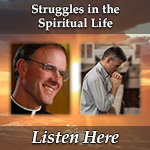


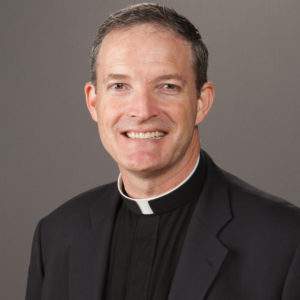
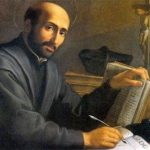
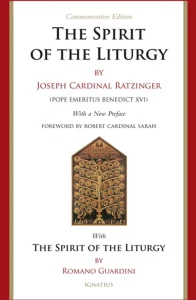



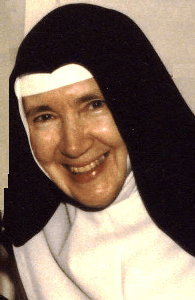
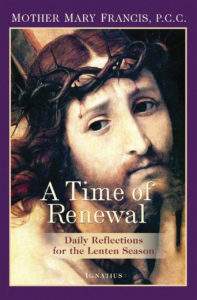


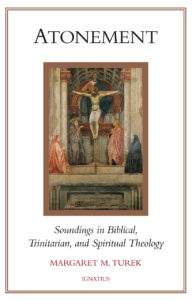
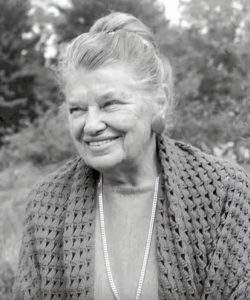
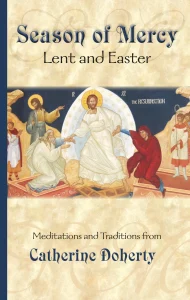 Repentance and Forgiveness
Repentance and Forgiveness